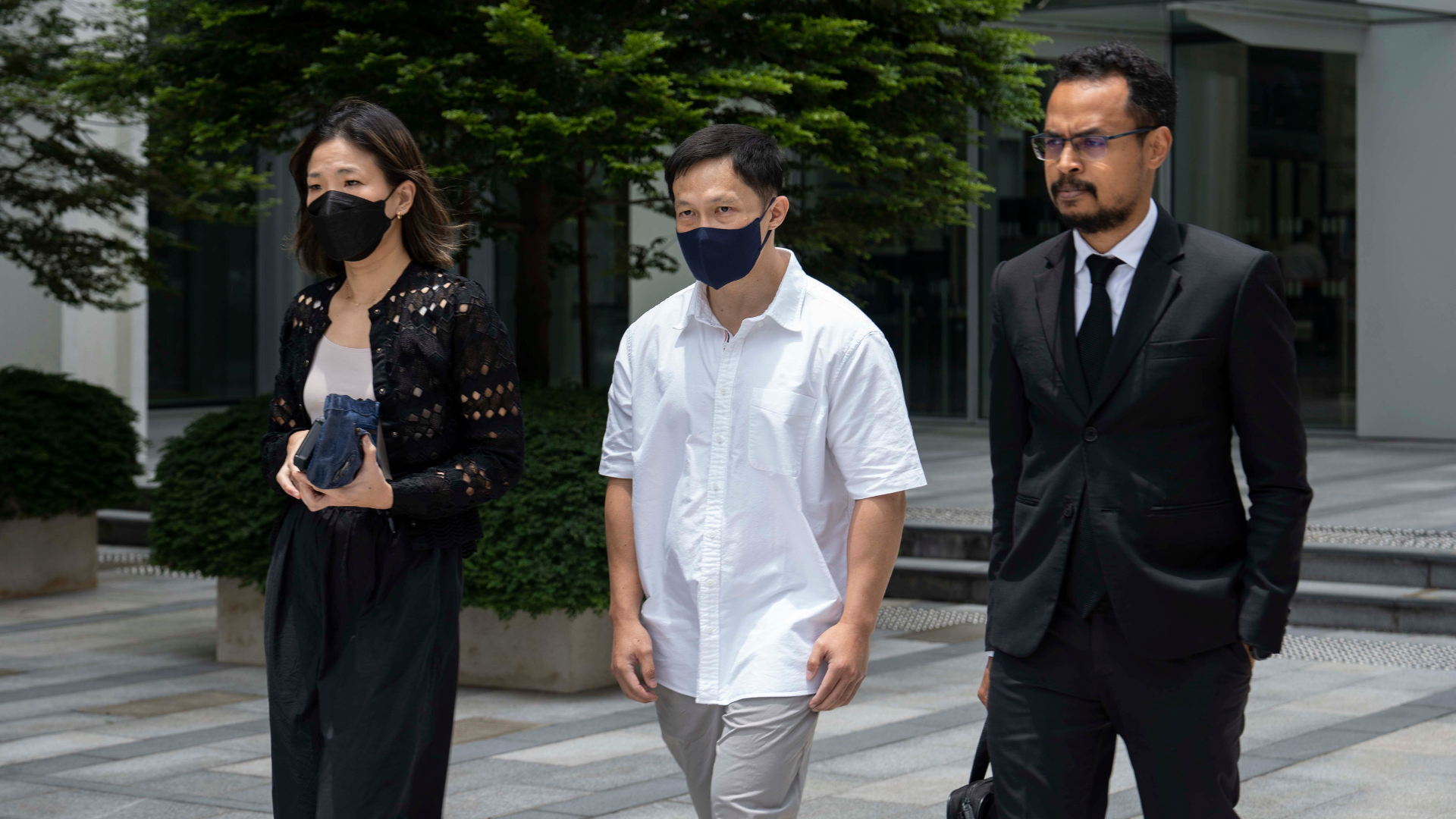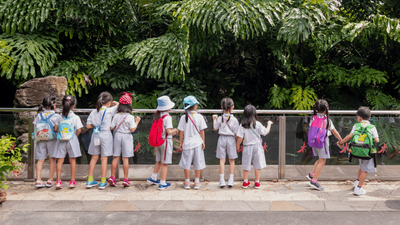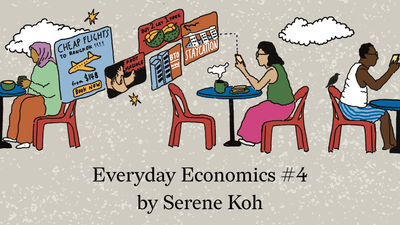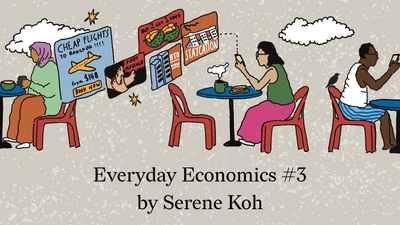An Indonesian “helper” worked for nine years in the home of one of Singapore’s richest and most famous corporate honchos. In March 2016, his wife, the helper’s employer, ordered her to also work in their son’s house, which is illegal (for a helper to work at two locations). She complied. But after son and helper fell out, in October 2016, the rich family suddenly terminated her employment. She was forced to pack her bags and fly home the same day. Disgruntled, she threatened to lodge a complaint with the Ministry of Manpower (MOM) before she left the country (though she didn’t then).
Two days after she left, the family filed a police report, claiming the helper had stolen items from them. In December 2016, she was arrested upon her return to Singapore and was eventually charged with four counts of theft, involving 144 items valued at over S$50,000. In 2019, the District Court sentenced her to jail for two years and two months. In September 2020, the High Court overturned her conviction, citing, among other things, the police’s handling of the evidence and an “improper motive” among some of the family members in filing the police report.
The decorated boss, whose wife was issued a “caution” by MOM and whose son was issued an advisory notice, resigned in shame from a slew of Temasek-linked positions. It emerged during the High Court appeal that the son may have lied to the police (and later the courts) in order to secure her conviction. The public prosecutor eventually charged him, and a fortnight ago the District Court sentenced him to two weeks in prison.
The bare facts of the cases involving foreign domestic worker Parti Liyani, disgraced boss Liew Mun Leong and his son Karl Liew (henceforth Liew) are familiar to many. The entire episode has shone a light on possible structural inequities prevalent in Singapore, including power dynamics between a tycoon, his worker and the police, as well as differential access to justice. (Issues, indeed, that exist in many grossly unequal societies.)
Though some, including Adrian Tan, president of the Law Society, have cheered the sentencing as proof that nobody’s above the law, others have questioned the peculiarities of the prosecution’s case. Unusually, the judge, Eugene Teo, imposed a higher sentence than both the prosecution and defence had asked for (a S$5,000 fine). Teo stated in his Oral Grounds that the prosecution’s submissions “read like a mitigation and were lifted wholesale and repeated for effect by the defence in its own Mitigation & Submissions on Sentence.”
This essay examines the role in this case of Singapore’s public prosecutor, part of the Attorney-General’s Chambers. Was prosecutorial discretion exercised in line with the sentencing principles of deterrence, retribution, rehabilitation and prevention? And how did the prosecution assist the court vis-a-vis the defence, in order to ensure that the offender receives a fair and just punishment?
The public prosecutor (assisted by deputies) carries the responsibilities of reviewing evidence secured by law enforcement agencies and prosecuting criminal offences. If the prosecutor finds that there is sufficient evidence for an offence to be made out, they charge the accused person, who either pleads guilty or claims trial.





